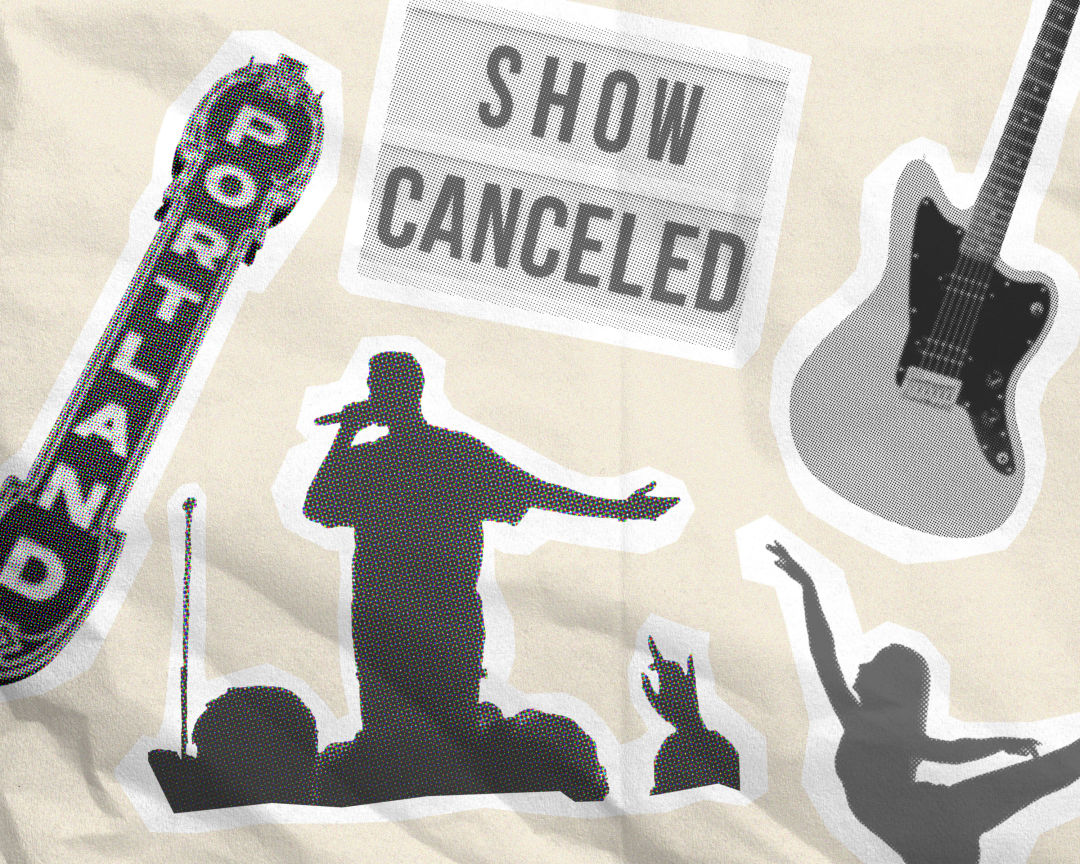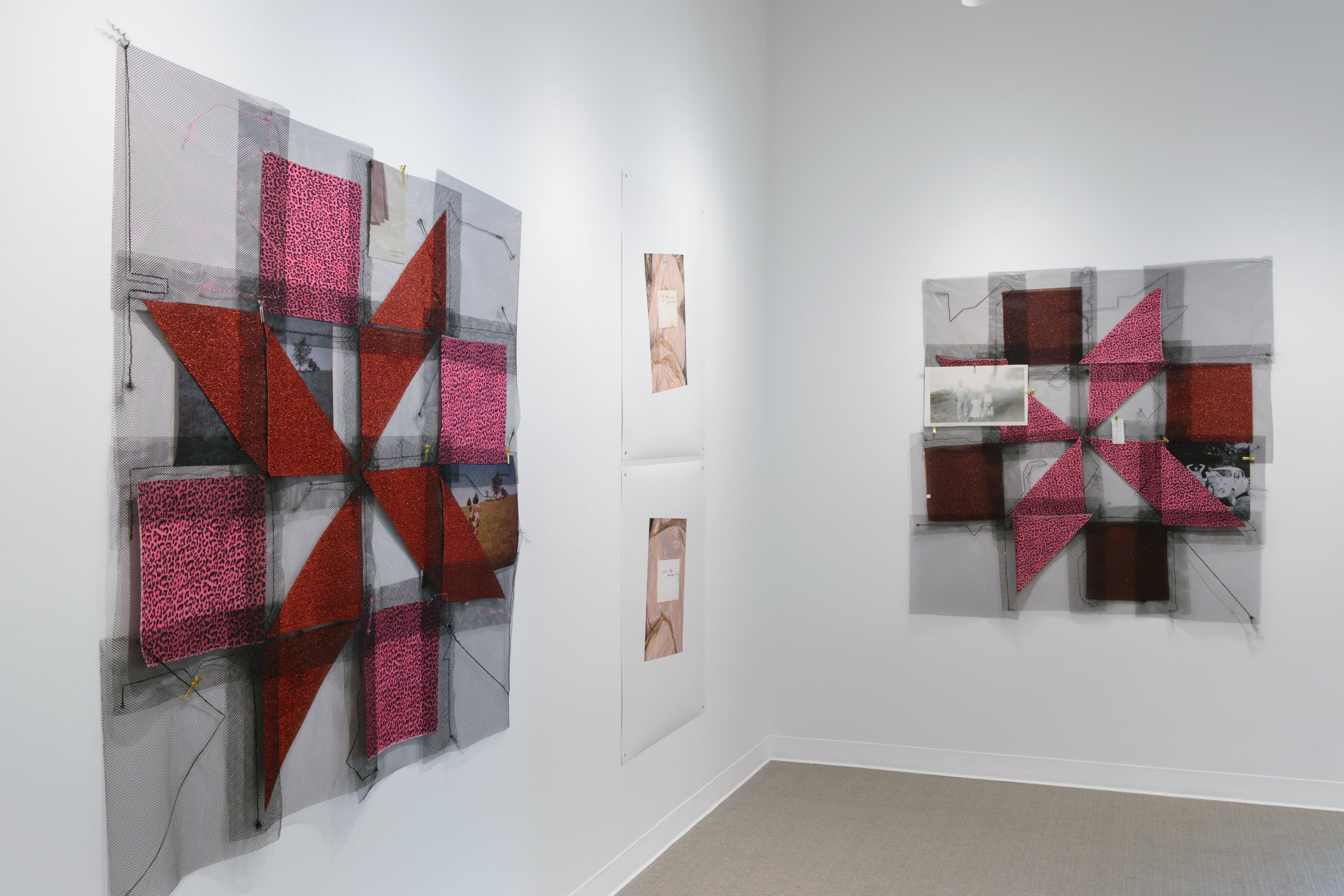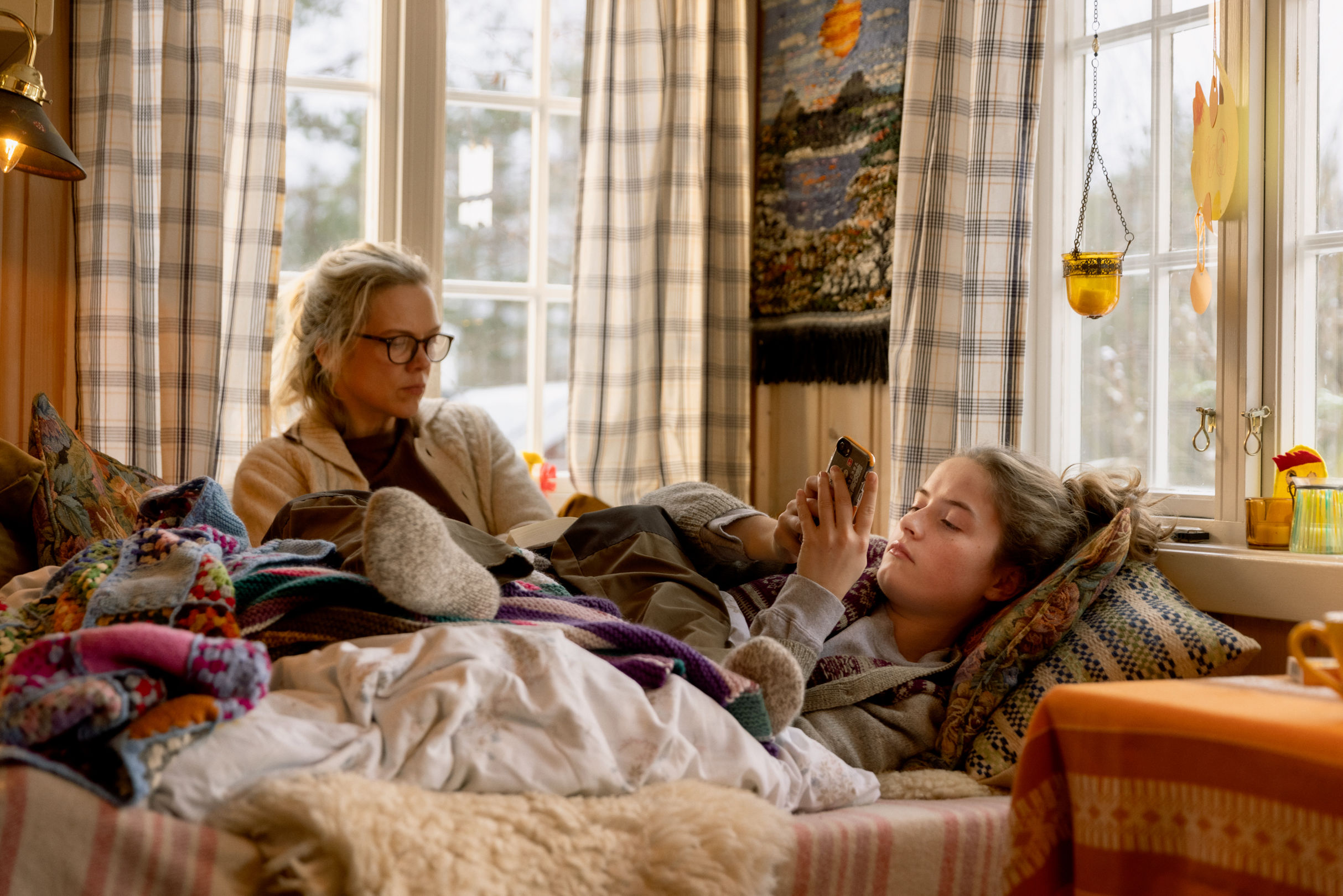Will Omicron Set Portland’s Arts Venues Back to Spring 2020?

Over the December holidays, Portland Center Stage was preparing to bring a long-delayed ship to harbor. The regional theater company—Portland’s largest—originally planned to mount its production of The Curious Incident of the Dog in the Night-Time, the Tony-winning stage adaptation of Mark Haddon’s popular novel, in March of 2020. You can imagine how that went. With the advent of vaccines and firm COVID protocols, though, PCS successfully reopened the show at the end of 2021.
Then, two days before Curious Incident was scheduled to close, and concurrent with news that the omicron variant was ramping up infections on the West Coast, a crew member tested positive for COVID and the company called off its last two performances. (It had locked down understudies for the cast in case of a positive test, but no one on the crew was trained to replicate the infected person's duties.)
Plenty of dominoes have fallen since. Fuse Theatre Ensemble moved its production of The Queers from January to March, citing omicron concerns; the Portland Experimental Theatre Ensemble postponed its deep-winter rework of The Cherry Orchard until June, citing the same. Portland Music Month, a new citywide initiative to support local acts with daily shows, has been hit with a barrage of cancellations, as has virtually every music venue in town. It’s easy to scan the horizon and arrive at an uncomfortable question: as omicron infections rise, are the arts headed for another spring 2020-style shutdown?
For her part, Cynthia Fuhrman, managing director at Portland Center Stage, doesn't think so. “We have enough tools to manage the situation that we didn’t have in March 2020,” she says. In addition to understudying (which is not, historically, standard practice for PCS), the company has closed its lobby bar to cut down on masklessness at intermission, stocked up on KN95 masks for patrons who feel ill-prepared with cloth coverings, and stricken the “or negative test result” qualification from its vaccine requirement—now, given omicron’s shortened incubation period, all audience members must be fully vaccinated, no exceptions.
There are talks of adding an additional booster shot requirement, as New York’s Metropolitan Opera has done, but for now, Fuhrman says PCS will follow CDC guidelines in defining “fully vaccinated” as someone with two doses of an mRNA sequence or one Johnson and Johnson jab. (At press time, only 42 percent of eligible adults in Multnomah County had received a booster dose.) While it sees a potentially jumpy month ahead, the company is braced to lose individual performances (a la Curious Incident), rather than retreat back into the early pandemic shadows.
Cinemagic, a one-screen independent movie theater on SE 20th and Hawthorne, has also tightened up its COVID policies in response to omicron’s spread. Along with other independent theaters around town, including Cinema 21 and the Hollywood, Laurelhurst, and Academy theaters, Cinemagic has been requiring proof of vaccination from its patrons since last summer. In early January, though, the theater decided to cut its capacity limits for the first time since the pandemic began: now, it sells only 25 percent of the seats in its auditorium.
“I think any business owner is concerned about [a return to spring 2020 shutdowns]—once it happened before, it’s always there as an option,” says Ryan Frake, owner of Cinemagic. “But we’re doing what we can, and trying to keep people safe, and I don’t see a reason we can’t prevent that if we do it properly.” He acknowledges that blacking out 75 percent of each showtime could prove a financial hit, but he hardly hesitated in instating the policy. “We’re pretty dedicated to making everybody here in our neighborhood and our moviegoers feel as comfortable as possible,” he says.
On the music venue front, the tone is slightly more dire. “Omicron felt like a punch in the gut,” says Leah Mocsy, interim executive director of Alberta Abbey. “We’re at the point where we have run out of government funding, we don’t have any more PPP. Musicians need money, bartenders and staff need money, our sound engineers and techs need money, and if we don’t continue, we will have to close. We’re at the point where the show has to go on.”
Like many venues in town, Alberta Abbey has been slammed with show cancellations throughout January and February. They’ve laid off one of their two full-time employees. They took out small business loans to stay afloat early in the pandemic, and repayments begin in July. Mocsy says some of Portland’s heaviest-hitting venues—the Arlene Schnitzer Concert Hall, the Crystal Ballroom, the Wonder—are approaching a similar breaking point.
To help lure audiences and acts back, the Abbey is also modifying its COVID policies for the age of omicron. Beginning February 1, it will require all patrons to provide proof they have received a booster dose, and accept negative tests as a substitute only if they are PCR results from the past 24 hours. Management have spent $5,000 to upgrade the venue’s HVAC system, and they will provide more straws for drinks to combat patrons’ needs to remove their masks. (This move was inspired by Mocsy’s reading that, during the Spanish Flu, women at the Castro in San Francisco wore silk masks with cigarette flaps.)
Mocsy’s real appeal, though, is to state and federal governments, to stop behaving like arts venues’ need for support has diminished since the beginning of the pandemic. She’s thinking of her peers, yes, and herself, but also any number of average Portlanders who’ve had their social lives upended by yet another virus variant. “I really feel for 20 and 30 year-olds and people that are single, who have been cooped up for almost two years now,” she says. “I think people are ready to spread their wings and see other humans."
Fuhrman, from PCS, agrees. “Our biggest agenda is everybody’s safety,” she says, adding: “...and also understanding there’s a huge human need to have these moments to gather together when we can, as safely as we can.”




